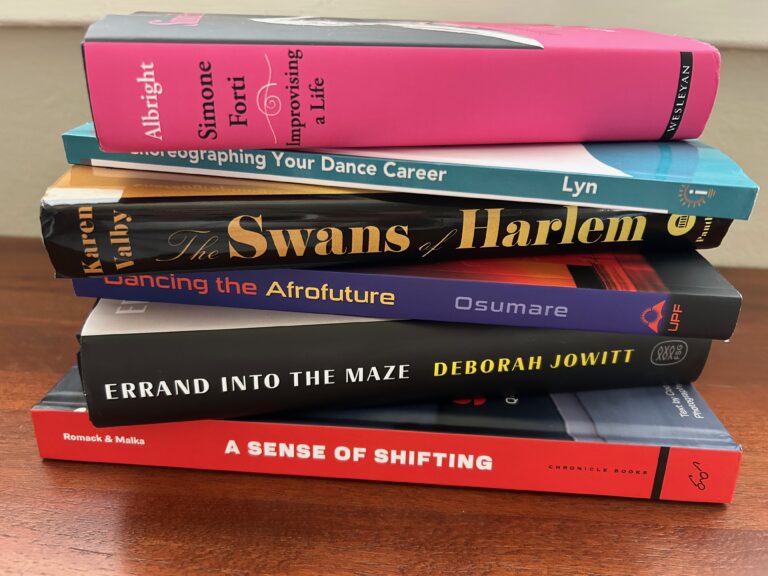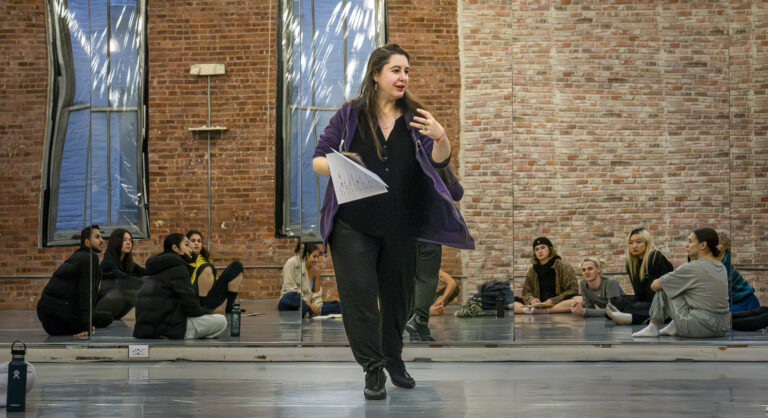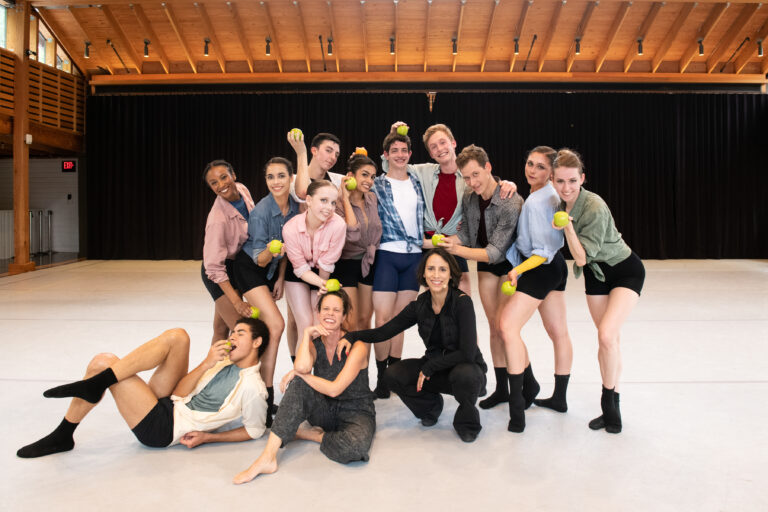
It’s a dance teacher’s job to prepare students for professional careers. As everyone knows, this means more than just giving them precise technique and exceptional performance capabilities. Perhaps more than ever, it’s important that teachers prepare their students to know how to make smart and safe decisions when entering the workplace. It’s important that we give them the skills to say “no” when a project doesn’t fit with their personal values, puts them in a dangerous or toxic work environment, or is discriminatory to their race, gender, sexual orientation or religion. Teachers need to help their students advocate for themselves in order to create a career they can be proud of.
Here are four tips for helping your dancers make safe and smart professional decisions when they leave the warmth of your caring and supportive studio.
1. Teach them to ask questions.
For anyone starting their careers, asking questions can be difficult. We are each trying desperately not to rock the boat in order to book the job and establish good connections and relationships in our industry. That being said, we do ourselves a disservice when we choose not to ask questions.
Encourage your dancers to gather all the information they can about the company, artist or organization they will be dancing for, before accepting a gig. Prepare them to reach out to other dancers who’ve held that job previously, in order to know how performers are treated, whether the health of the dancers is prioritized, whether they felt respected and if there are any safety concerns they should be aware of.
The more your dancers know going into a job, the more power they hold to make important choices.
2. Prompt them to establish their own personal values they can hold firmly.
Whether it has to do with modesty standards, suggestive movement, gender wage disparities, toxic leadership styles or discrimination, help your dancers decide what they are and are not OK with. Teach them to hold strong to their values as they prepare to navigate the terrain of the professional dance industry. Do this now before they are put into a situation where they may feel pressured to compromise.
3. Encourage them to advocate for themselves when necessary.
If it turns out they discover the details of the job will be harmful to them physically or emotionally, teach them to advocate for themselves respectfully. Work through ways they can stand up and ask for fair treatment, a pay raise or a work environment that takes sexual harassment seriously.
Give them the confidence and self-esteem to speak up. This will go a long way in creating a stable career that they can take ownership of.
4. Help them practice saying “no” respectfully.
Dancers are very good at doing what they’re told. In fact, you’ll be hard-pressed to find a more disciplined community of people. That’s excellent when teaching technique, but when it comes to creating healthy boundaries for ourselves personally and professionally, it can be harmful.
It will likely be difficult for your dancers to turn down opportunities as they begin their careers. Everyone is trying to book anything in order to start filling up their resumés. This is where dancers can find themselves in trouble. Teach your students that it’s OK to say no and walk away when necessary.
One way to do this is to establish times in class when your students give their permission. For example: Before giving a correction where you may need to physically move your student into a position, ask them if they’re OK with it first.
You have such a big influence on your students, dance teachers! Thanks for helping them reach their potential!
Let us know over on our Facebook page what other things you do to prepare your students for their careers!




